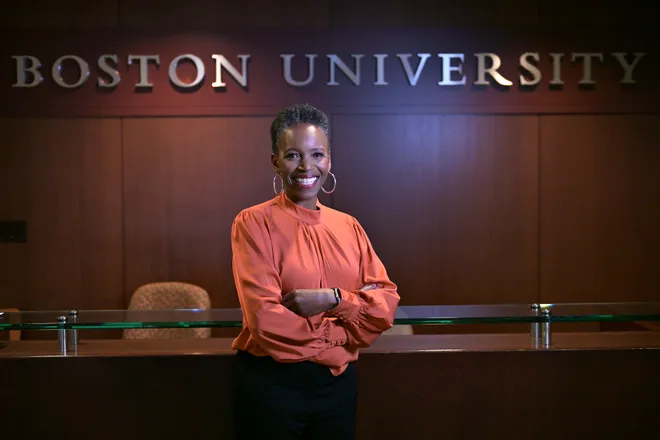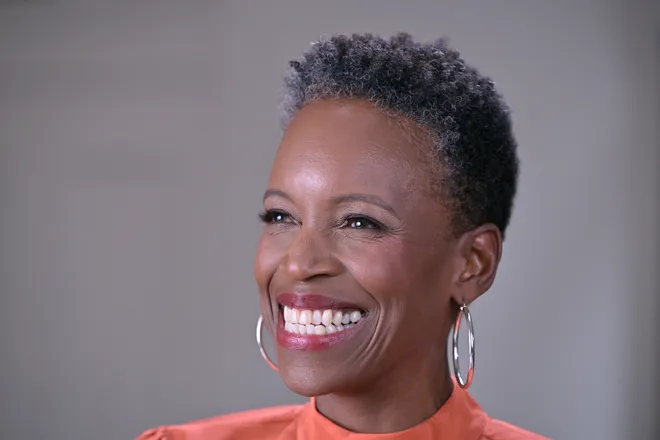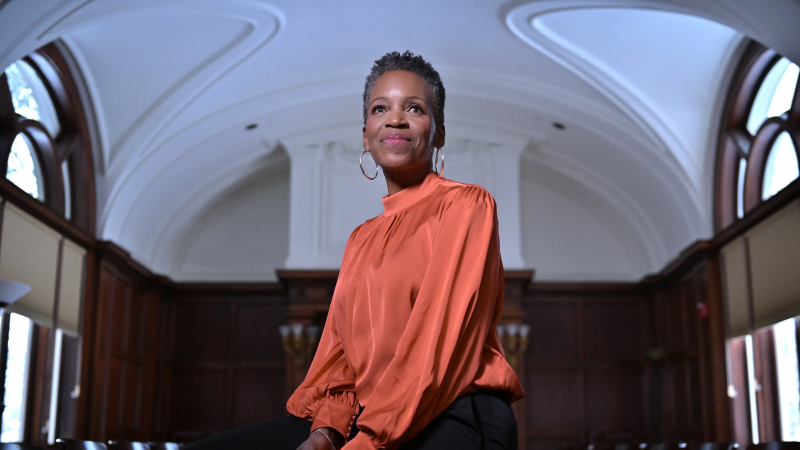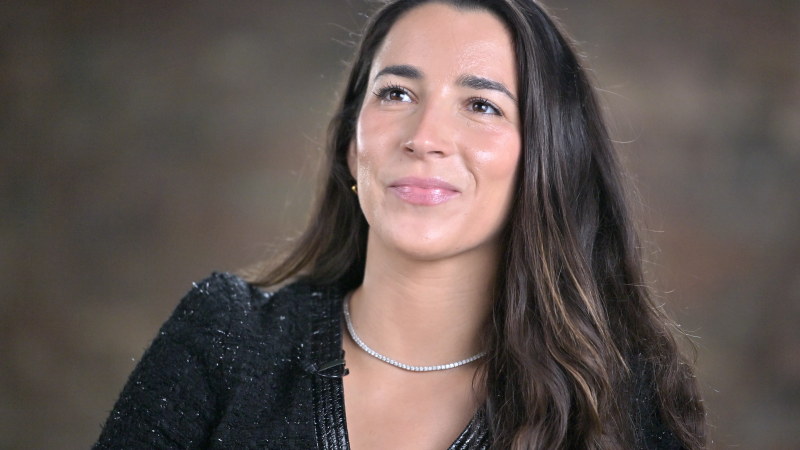Melissa Gilliam, the first female and Black president of BU, shows what is possible
Dr. Melissa Gilliam is one of USA TODAY’s Women of the Year, a recognition of women who have made a significant impact in their communities and across the country. Meet this year’s honorees at womenoftheyear.usatoday.com.
Dr. Melissa Gilliam gives her mother credit for offering the best advice she has ever heard: “You can tell anybody anything, it’s just how you tell them.”
That guidance was particularly useful during Gilliam’s tenure as a pediatric gynecologist and researcher, a profession in which patience and compassion go a long way.
But now as Gilliam prepares to assume her position as Boston University’s 11th president this July, she doesn’t just want to “tell anybody anything” – she wants to show them.
Gilliam, who has received degrees from Harvard Medical School, Yale and the University of Oxford, will be the first female and first Black president in BU’s 185-year history.
“Seeing something for the first time, helps all people know what is possible,” Gilliam said, “and can inspire others to try things in their own lives.”

This conversation has been edited for length and clarity.
There’s often a divide between university presidents and the student body. How do you plan to connect with BU students and address their concerns?
Like other presidents, I am excited to listen and learn from students. I will create regular opportunities for face-to-face meetings so I can hear their ideas and concerns. I also value showing up for students, attending athletic and cultural events, and simply being present.
Who paved the way for you?
The first would be my father, who passed recently. He’s an abstract artist, so I learned a tremendous sense of creativity from him. And my deep love of arts and humanity comes from my mother, who was a journalist, from whom I gained a tremendous sense of service. Then I look to the former president of the University of Chicago, Robert Zimmer, who really paved the way for me to be a part of higher education.
Do you have a proudest moment?
I have a lot of proud moments, but I would say right now my proudest moment is being named president of Boston University.
What is your definition of courage?
My definition of courage is persevering, even when you perceive that you have a limitation and even when something is difficult to do.
Is there a mantra you tell yourself?
I would say: Assume good intent. I think many times we make assumptions about people and attribute something to malice, but I try to see people at their best.
How does it feel to help guide students’ futures?
I think each and every day about how awesome of a responsibility it is to shape students’ future careers. When you put everything together – a great faculty, a great staff, wonderful facilities that are accessible and affordable – it really sets young people up for life.

How do you overcome adversity?
I overcome adversity by not thinking of it as something to oppose, but rather as something to welcome. I try to think, "What can I learn from this situation?”

What advice would you give your younger self?
I would tell my younger self that life is really about accepting and loving yourself. And not to worry so much.
How do you hope to inspire others?
I learned very early in my career that it's hard to imagine what you can be if you haven't seen it yourself. So whether I was in the clinic working with adolescent girls or in a classroom giving a talk, I find that it is helpful to see women in a variety of roles, that way people can recognize that there's someone who looks just like them doing a job that they can one day do themselves.

Disclaimer: The copyright of this article belongs to the original author. Reposting this article is solely for the purpose of information dissemination and does not constitute any investment advice. If there is any infringement, please contact us immediately. We will make corrections or deletions as necessary. Thank you.







